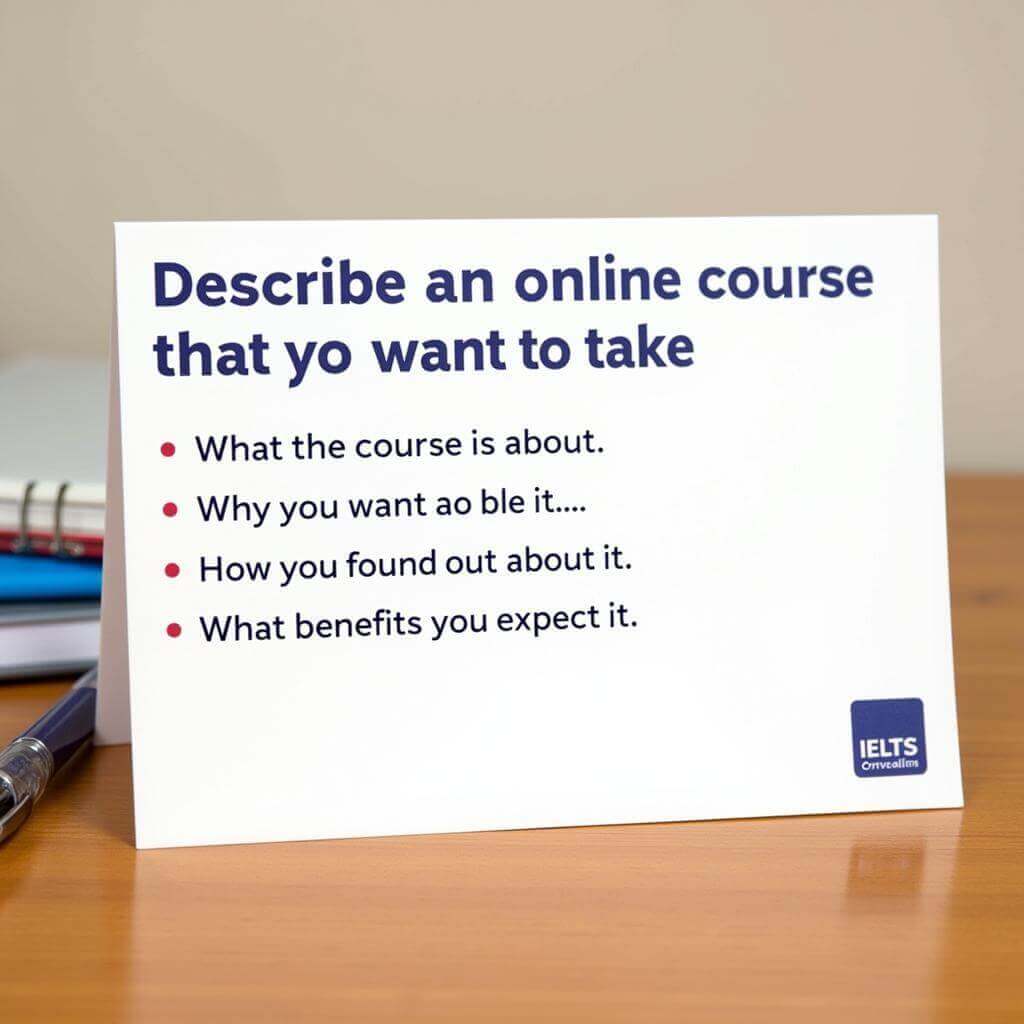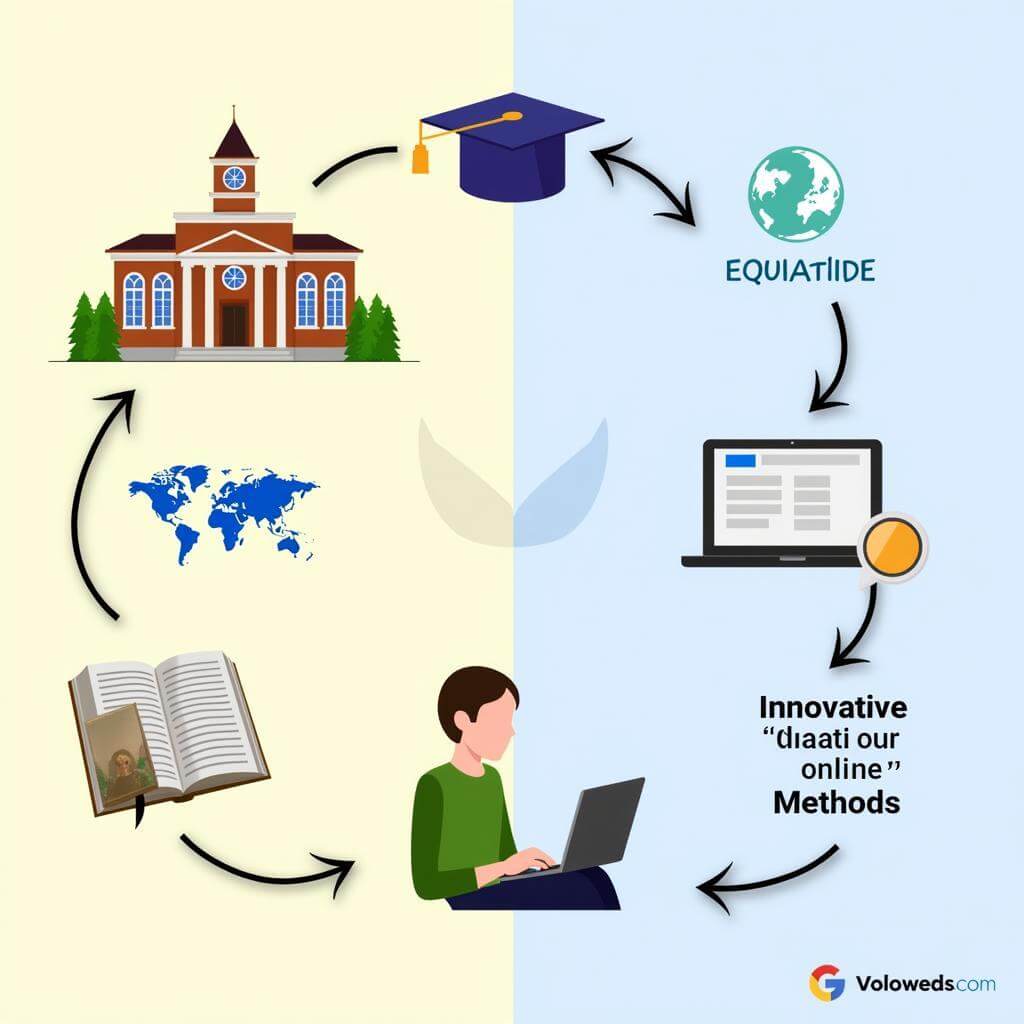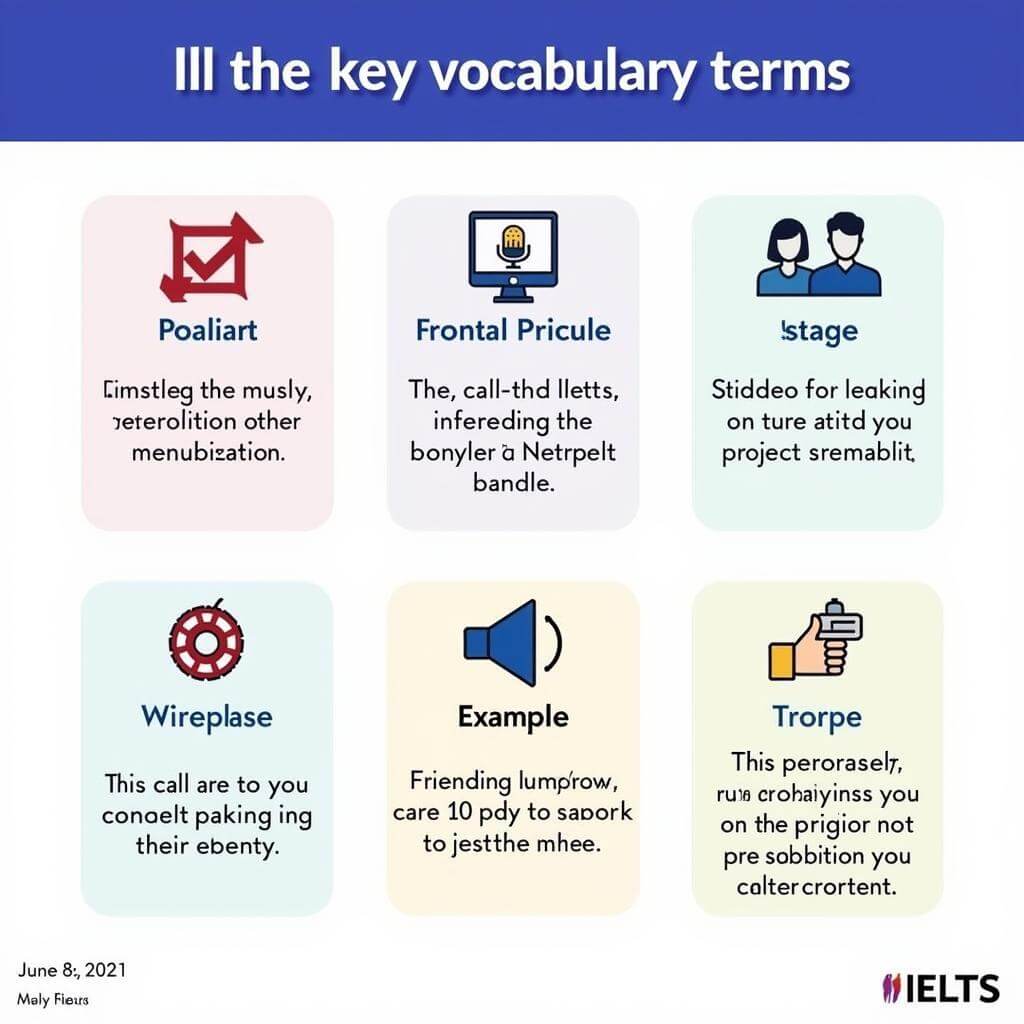The topic of describing an online course you want to take is a common one in IELTS Speaking tests. It allows examiners to assess your ability to express personal interests, discuss educational goals, and articulate reasons for pursuing further learning. This topic has appeared frequently in past IELTS exams and is likely to remain relevant in future tests, given the growing popularity of online education.
Part 1: Introduction and Interview
In this section, the examiner may ask you general questions about online learning and your experiences with it. Here are some possible questions:
- Have you ever taken an online course before?
- What do you think are the advantages of online learning?
- Do you prefer online courses or traditional classroom learning? Why?
Let’s look at a sample answer for the first question:
Examiner: Have you ever taken an online course before?
Sample answer (Band 7-8):
Yes, I have. In fact, I recently completed an online course on digital marketing through Coursera. It was a six-week program that covered various aspects of online advertising and social media strategies. I found it incredibly convenient as I could study at my own pace and fit the lessons around my work schedule. The course also included interactive elements like quizzes and peer-reviewed assignments, which made the learning experience quite engaging.
Part 2: Long Turn
For this section, you’ll be given a cue card with a topic to speak about for 1-2 minutes. Here’s a sample cue card related to our main topic:
 IELTS Speaking Cue Card
IELTS Speaking Cue Card
You should say:
- What the course is about
- Why you want to take it
- How you found out about it
- And explain what benefits you expect from it
Sample answer (Band 7-8):
I’d like to talk about an online course I’m really keen on taking, which is a comprehensive Python programming course offered by MIT through edX. Python has become increasingly popular in recent years, especially in fields like data science and artificial intelligence, which aligns perfectly with my career aspirations.
The primary reason I want to enroll in this course is to enhance my coding skills and gain a deeper understanding of Python’s applications in data analysis. As a marketing analyst, I believe that proficiency in Python would significantly boost my data processing capabilities and allow me to create more sophisticated models for customer behavior prediction.
I stumbled upon this course while browsing through various online learning platforms. MIT’s reputation in computer science education immediately caught my attention, and after reading the course syllabus and reviews from previous students, I was convinced of its value and relevance to my professional development.
In terms of benefits, I expect this course to be a game-changer for my career. Firstly, it should equip me with practical coding skills that I can immediately apply to my current job. Secondly, having a certificate from a prestigious institution like MIT would undoubtedly enhance my resume. Lastly, I believe this course will open up new opportunities for me in the field of data science, possibly leading to a career transition or promotion in the future.
Possible follow-up questions:
- How long do you think it will take you to complete this course?
- Do you think online courses are as effective as traditional classroom courses?
Sample answer for question 1 (Band 8-9):
Based on the course structure, I anticipate it will take me about 12 to 14 weeks to complete the Python programming course. The curriculum is designed to be intensive yet flexible, allowing students to progress at their own pace. Given my current work commitments, I plan to dedicate around 10 hours per week to the course, which should be sufficient to cover the material thoroughly and complete all the assignments and projects. However, I’m also prepared to adjust my schedule if necessary, as I’m committed to gaining a deep understanding of the subject matter rather than rushing through it.
Part 3: Two-way Discussion
In this section, the examiner will ask you more abstract questions related to the topic of online courses and education. Here are some possible questions and sample answers:
Examiner: How do you think online education will impact traditional universities in the future?
Sample answer (Band 8-9):
I believe online education will have a profound impact on traditional universities in the coming years. On one hand, it’s likely to create more competition, as students now have access to courses from top institutions worldwide, regardless of their location. This could potentially lead to a decline in enrollment for some brick-and-mortar universities, especially those that don’t adapt to the changing landscape.
However, I don’t think online education will completely replace traditional universities. There’s still immense value in face-to-face interactions, hands-on laboratory experiences, and the overall campus environment that fosters personal growth and networking. Instead, we’re likely to see a hybrid model emerging, where universities integrate online components into their curriculum to offer more flexibility and reach a wider audience.
Moreover, online education might prompt traditional universities to focus more on their unique strengths, such as research facilities, specialized programs, and the social aspects of university life. They may need to reassess their value proposition and emphasize experiences that can’t be replicated online.
In the long run, this competition and adaptation could lead to more innovative teaching methods, increased accessibility to higher education, and potentially even more affordable options for students. It’s an exciting time of transformation in the education sector, and I believe both online and traditional institutions will evolve to meet the changing needs of learners in the 21st century.
 Impact of Online Education on Traditional Universities
Impact of Online Education on Traditional Universities
Key Vocabulary and Phrases for High Scores
To achieve a high score in IELTS Speaking, it’s crucial to use a range of sophisticated vocabulary and complex sentence structures. Here are some key terms and phrases that can help elevate your responses:
-
Comprehensive /kɒmprɪˈhensɪv/ (adjective): Complete and including everything that is necessary.
Example: “The course offers a comprehensive overview of Python programming.” -
Align with /əˈlaɪn wɪð/ (phrasal verb): To agree with or support.
Example: “This course aligns perfectly with my career goals.” -
Proficiency /prəˈfɪʃənsi/ (noun): A high degree of skill or expertise.
Example: “Gaining proficiency in Python will boost my data analysis capabilities.” -
Stumble upon /ˈstʌmbl əˈpɒn/ (phrasal verb): To find or discover something by chance.
Example: “I stumbled upon this course while browsing online learning platforms.” -
Game-changer /ɡeɪm tʃeɪndʒər/ (noun): An event, idea, or procedure that effects a significant shift in the current way of doing or thinking about something.
Example: “I expect this course to be a game-changer for my career.” -
Reassess /ˌriːəˈses/ (verb): To consider or assess again, especially in a different light.
Example: “Universities may need to reassess their value proposition in light of online education.”
 Key Vocabulary for IELTS Speaking
Key Vocabulary for IELTS Speaking
Examiner’s Advice
To achieve a high score in the IELTS Speaking test, particularly when describing an online course you want to take, consider the following tips:
-
Structure your answer: Use clear organization in your response, especially in Part 2. Address all points on the cue card systematically.
-
Use a range of vocabulary: Incorporate sophisticated and topic-specific vocabulary. Don’t just use basic terms like “good” or “interesting” – opt for more nuanced alternatives like “beneficial” or “engaging”.
-
Demonstrate fluency: Speak at a natural pace without long pauses. Use linking words to connect your ideas smoothly.
-
Show flexibility: In Part 3, be prepared to discuss more abstract ideas related to online education and its impact on society.
-
Provide examples: Support your points with specific examples or personal experiences to make your answer more convincing and detailed.
-
Use varied grammatical structures: Incorporate a mix of simple and complex sentences. Use conditional sentences, passive voice, and relative clauses where appropriate.
-
Express opinions clearly: Especially in Part 3, don’t be afraid to give your views on the topic. Use phrases like “In my opinion,” or “I believe that” to introduce your thoughts.
-
Practice active listening: Make sure you understand the examiner’s questions fully. If you’re unsure, it’s okay to ask for clarification.
By following these tips and regularly practicing your speaking skills, you can describe a skill you have mastered effectively in the context of online learning, and improve your chances of achieving a high score in the IELTS Speaking test. Remember, confidence comes with practice, so describe a language you have learned or any other skill you’ve acquired through online courses to build your fluency in discussing this topic.


